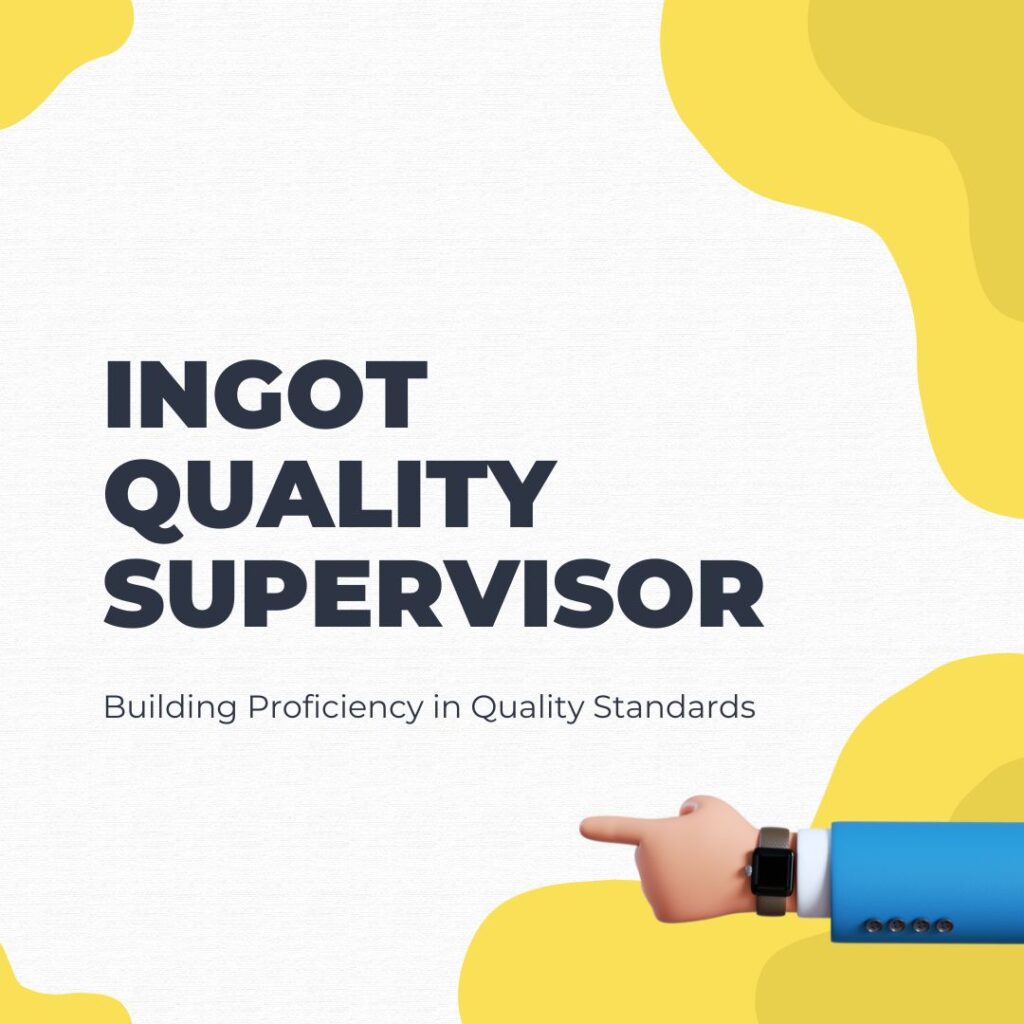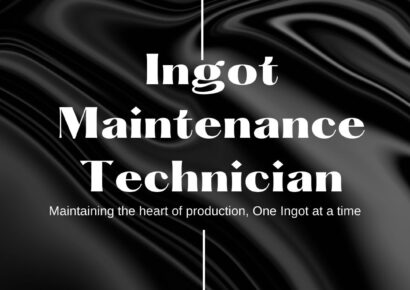Currently Empty: ₹0.00
About Course
The Ingot Quality Supervisor oversees the quality control processes in ingot production, ensuring adherence to standards. They coordinate inspections, analyze data, and address any quality-related issues promptly. Additionally, they train and supervise quality technicians, ensuring proficiency in quality control procedures. Their role involves implementing continuous improvement initiatives to enhance ingot quality and production efficiency. Ultimately, the Ingot Quality Supervisor plays a vital role in maintaining high standards and optimizing the ingot manufacturing process.
Course Content
Ingot Manufacturing Process
-
Ingot Manufacturing Process Flow
00:00
Ingot Quality
Equipment Maintenance
6s Occupational Health, Safety, and Environment (OHSE)
Manufacturing Execution System
Workplace Help and Resources
Tags








